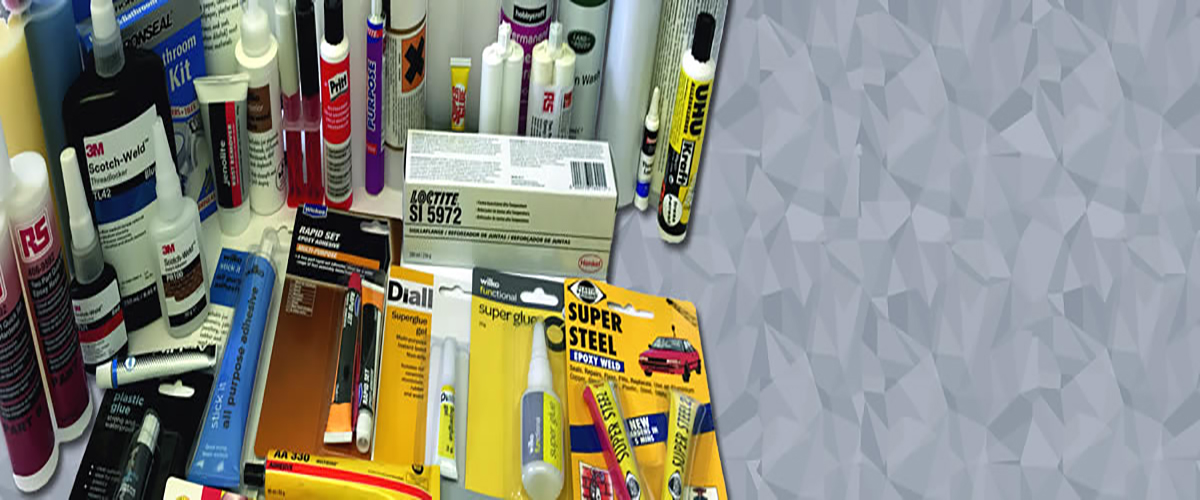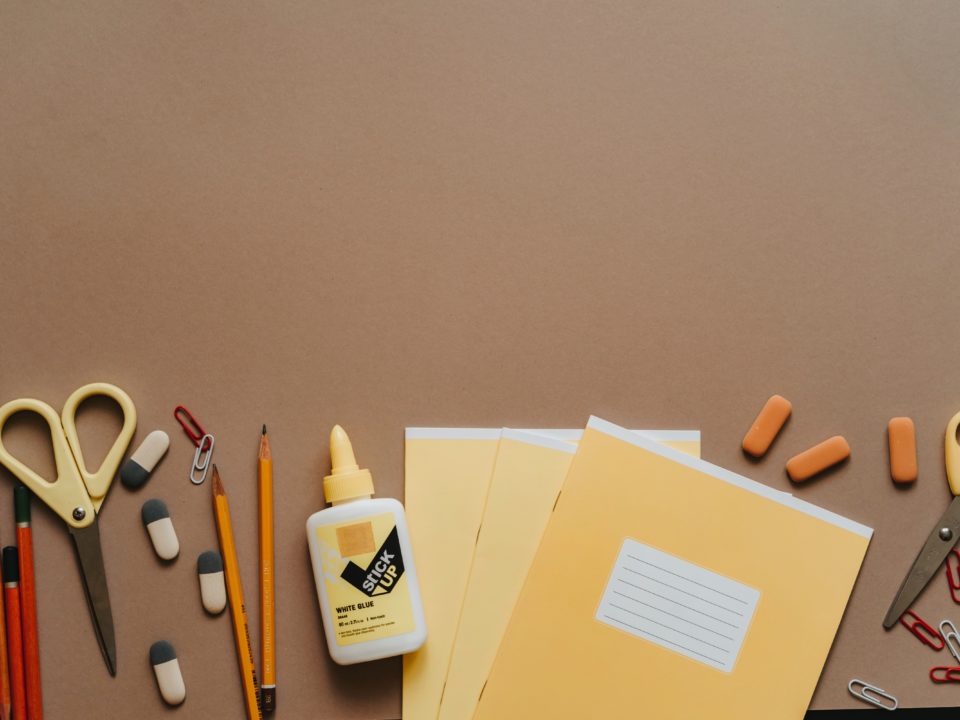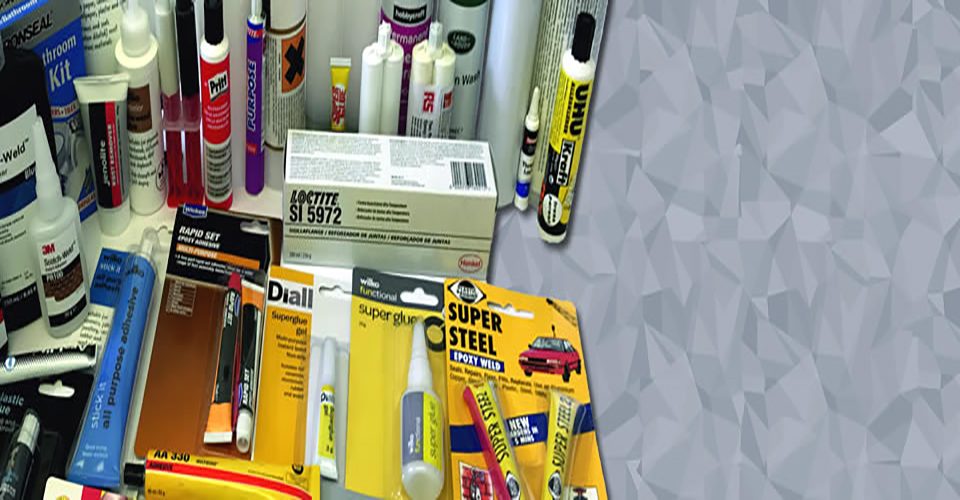What is Super Glue and How is it Made?
We have all heard of superglue, and many of us have experienced first-hand just how strong its bond can be. During the Great War, superglue was used as a way to close wounds caused by shrapnel and gunfire. While not a sterile product, it offered an instantaneous way to join the superficial skin together and hold it shut preventing infection finding its way into the body.
Nowadays, its use is confined to repairing broken crockery, fixing certain types of plastics and joining things together with a strong and steadfast bond. A medical grade super glue also exists which is designed to join superficial wounds without the need of stitches. The medical grade glue is non-toxic and sterile, making for the perfect way to close a skin wound.
So what exactly is superglue? And what makes it so good at bonding things together in an instant? The official word for the family of bonding agents that make up super glue is Cyanoacrylates. Cyanoacrylates do not have a long shelf life and can last around a year if kept in a sealed tube. When opened and contact with water is made, the product will harden and become unusable in around 3 – 4 weeks.
SEE WHO INVENTED SUPERGLUE
The process of its bonding action is triggered when exposed to the moisture in the air. As most super glues are resin based, the water content in the air causes a chemical reaction that causes the molecules to rapidly heat and fuse before quickly cooling. It is this heating and cooling that helps the glue bond and harden to whatever surface it is applied to.
The heating element of super glue can make it unsuitable for use on certain materials such as certain plastics, polystyrene and silk, which all melt and break down if it is applied to them. It works well on metal, wood, rubber, cotton, paper and heat resistant plastics, although the smoother a surface is, the weaker the bond will be.
Super glue can be broken down in the presence of oil, which is why cooking or baby oil works so well to help break down the bond and remove the hardened glue from the skin. Since water causes it to harden, washing your hands in hot water only makes the problem worse and helps speed up the hardening process. Super glue found in shops is not suitable for use on the skin, and as anyone who has experienced their fingers being stuck together will know, the heat created during the bonding process can be quite a painful one.
This adhesive has a long and rich history and has helped save many a vase throughout the years. While its uses are limited in what it can actually do, it has stood the test of time and is still as popular as ever.



